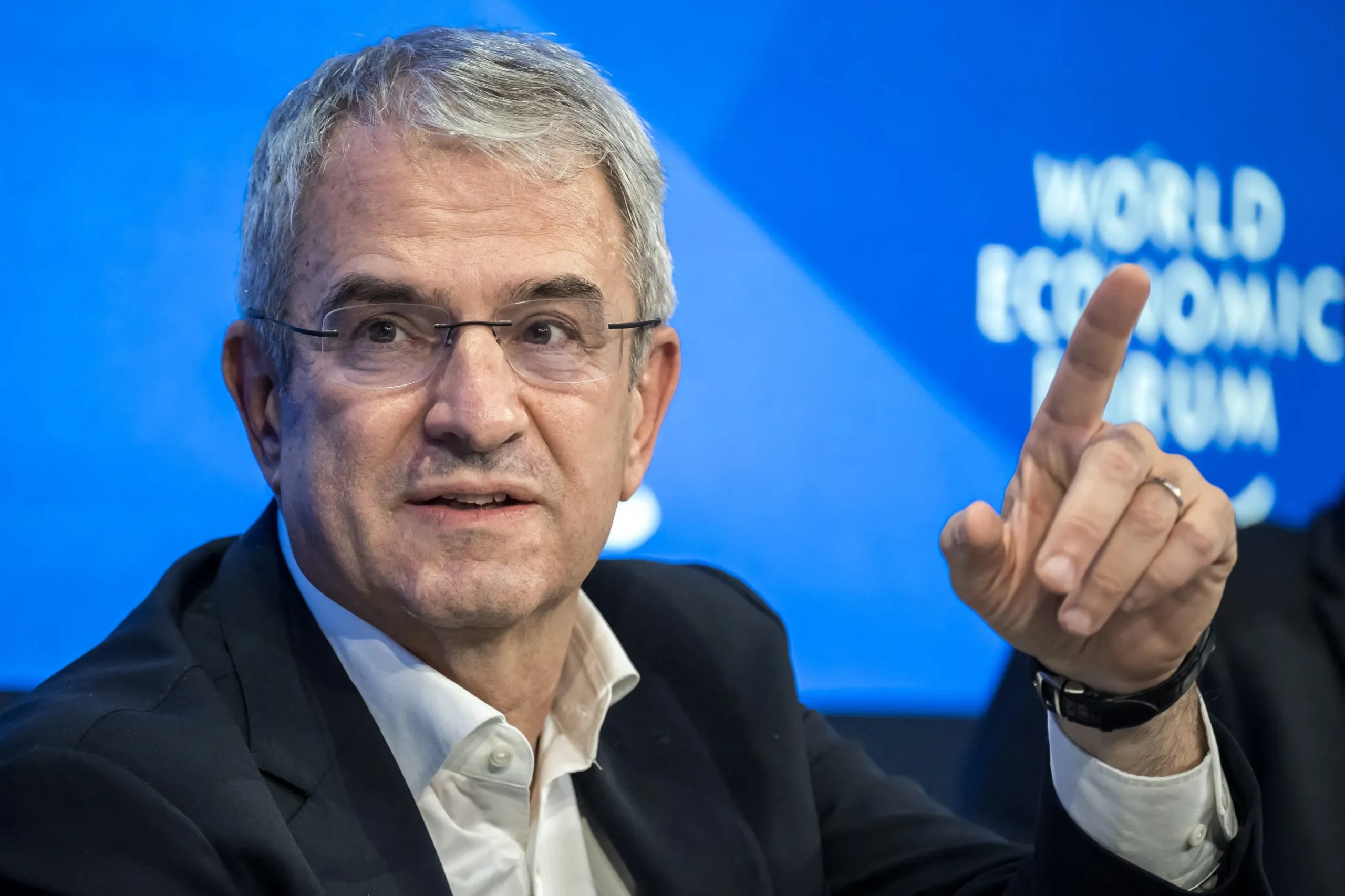
The Nestlé case shows how corporate rules are becoming an end in themselves. But is a CEO with an undisclosed relationship really the greatest threat to a company?
In the summer of 2025, Laurent Freixe, CEO of Nestlé, was dismissed with immediate effect. Not because of fraud. Not due to a me-too scandal or accounting tricks. His misconduct was that he had a consensual relationship with a subordinate, but failed to disclose it to HR. For the board of directors, that was reason enough to fire him without compensation.
The result: investors panicked, the share price dropped, and once again a multibillion-dollar corporation was shaken by a crisis that seemed less about crime or mismanagement and more about symbolic politics around integrity.
What many companies now label as integrity is, in reality, a matter of compliance. The emphasis isn’t on inner character or moral awareness, but on ticking boxes. A relationship that goes unreported can weigh more heavily than decades of loyal and successful leadership.
The irony is that an executive who ignores reports about child labour in the supply chain or manipulates emissions figures often enjoys more leeway than someone who fails to disclose a personal relationship. The former knows how to file the paperwork, while the latter violates a formal rule. This produces an inflation of integrity. What was meant to build trust instead breeds cynicism.
Freixe’s dismissal isn’t an isolated case. In 2019, McDonald’s dismissed CEO Steve Easterbrook over a consensual relationship with a colleague. Intel CEO Brian Krzanich stepped down in 2018 for the same reason. Nobel laureate Tim Hunt lost academic positions after making an unfortunate joke.
In all these cases, organisations chose the guillotine. Not because victims were harmed, but because rules had been elevated to sacred status. The result: disproportionate punishments that serve to signal how strict and consistent management wants to appear. It is moral theatre and often counterproductive.
American psychologist Jonathan Haidt’s Moral Foundations Theory teaches us that moral judgments arise from multiple intuitive foundations: care, fairness, loyalty, authority, and sanctity. In Freixe’s case, only one prevailed, namely authority. Rules were sacred; therefore, violations had to be punished harshly.
The other foundations, thus loyalty after forty years of service, fairness and proportionality, and space for restoration, disappeared from view. The balance was lost, resulting in moral theatre.
The German sociologist Norbert Elias once described how societies refine their rules of behaviour over time. Where once only gross misconduct counted, today even the way a CEO falls in love is subject to regulations and mandatory reporting. Elias would call this the shadow side of the civilising process: refinement tipping into suffocation.
Behind this lies another logic. As French thinker André Gorz observed, values such as honesty or integrity are often instrumentalised by corporations. They aren’t primarily moral commitments but economic tools, deployed to protect share value and reputation.
Freixe’s dismissal is a case in point. Nestlé’s message was not: We take integrity seriously. The message was: we are protecting our brand. Morality becomes a façade to safeguard market share.
The contrast with major scandals is glaring. Volkswagen falsified emissions figures for years. Wells Fargo opened millions of fake accounts. Boeing put cost-cutting above safety, with fatal consequences. In those cases, executives often remained in place for years. Serious wrongdoing was managed, while minor missteps were punished ruthlessly.
French philosopher Michel Henry went further still. He spoke of barbarism when systems inflict violence on inner life. Reducing an intimate relationship to an objective reporting requirement and a cause for dismissal is, for Henry, precisely such barbarism, albeit in business suits.
The danger isn’t the absence of rules, but the lack of space for inner life, emotion, and human measure. Integrity ceases to be a second nature—as nineteenth-century philosopher Félix Ravaisson described—but becomes an external regime of control. Trust in habit and character is replaced by suspicion and paperwork.
By punishing disproportionately, companies create fear and insecurity. Executives learn that loyalty and achievement count for nothing if a single rule is broken. Meanwhile, the real predators, so the manipulators, fraudsters, and serial harassers, become more skilled at gaming the system and hiding behind façades. When integrity becomes a matter of symbolic politics, it ultimately undermines trust in integrity itself.
So what could Nestlé have done differently?
Proportionality: suspension, a monitored restoration process, rather than instant dismissal.
Impact-based judgment: weigh actual harm and context, not just the rule broken.
Restoration: create opportunities for correction and learning.
Such an approach would have made integrity more credible and shown employees that it’s about trust and proportionality, not fear and symbolic politics.
Integrity isn’t a checklist. It’s a habit, a disposition, and a second nature. It also requires open dialogue about dilemmas, not a fetish of rigid rules. By absolutising procedures, companies lose sight of the essence. They risk a moral inflation in which cynicism flourishes, while the true offenders thrive.
Otherwise, integrity becomes little more than a shiny stage set of rules that erodes the moral fabric it claims to uphold. If integrity is to remain credible, companies must return to proportion, nuance, and the human measure.







Were these workplace affairs adulterous, ruining marriages, or between two consenting single adults?
Your suggestions on how Nestlé could have better handled its debacle are worth implementing.